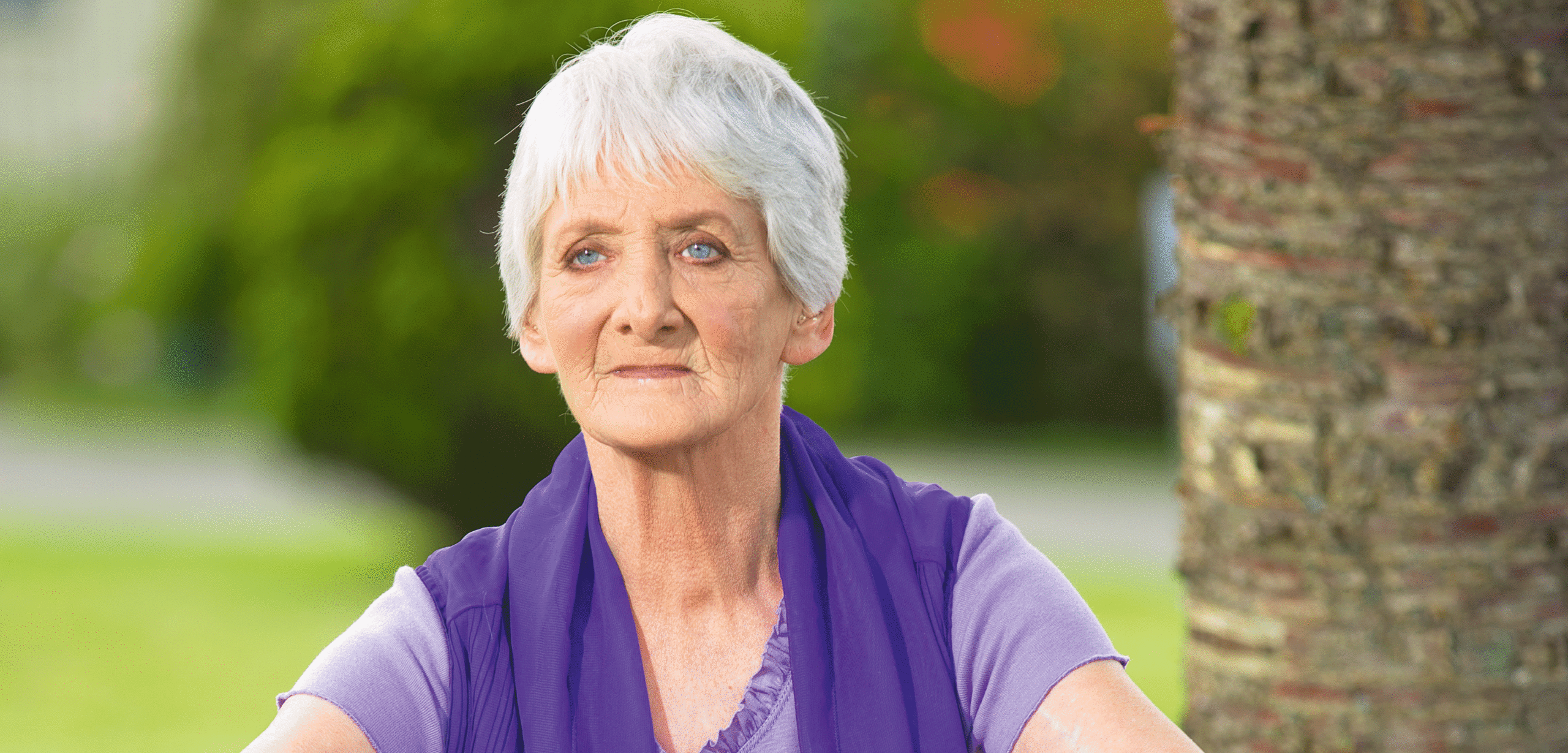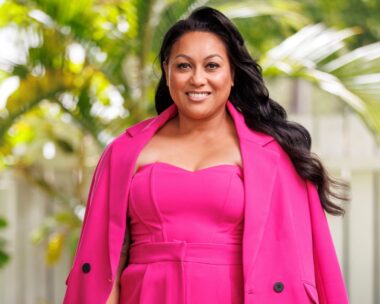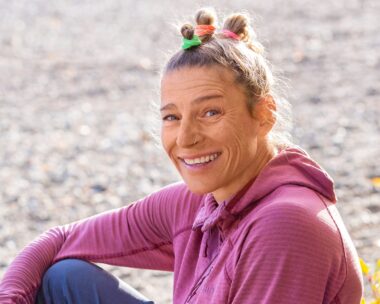Watching rape victim Jacqui Scott move around her tiny Napier flat is heartbreaking. Every little step, every small movement, the excruciating pain is etched on the 61-year-old’s face – it feels like a knife slicing through her body.
Jacqui’s physical trauma is a remnant of the horrific rape she survived in 2005.
Her internal injuries were so severe, a nine-hour operation was required, inserting two surgical mesh units inside her to fix a vaginal prolapse.
The procedure was meant to help, but instead it ruined Jacqui’s life, as the mesh is eroding and causing havoc inside her body.
Outraged she wasn’t warned of the risks, Jacqui is in a race against time to remove the mesh, which could potentially kill her. The operation can only be done in the US, and Jacqui is disappointed she has been turned down by ACC.
“I have a monster inside of me. It looks like a spider with eight arms,” Jacqui says of the two mesh devices – one of them a Prolift Total Pelvic Floor Repair System, the biggest mesh ever made.
“It’s ugly. It’s doing damage and I need to get it out.”

Jacqui’s bracelets symbolise her role as a Mesh Angel – a person who has suffered due to the surgical mesh, and is using their experience to help other women in the same position.
It was 2006 when the grandmother had surgery to fix the vaginal prolapse.
Jacqui says she wasn’t warned about the risks of the medical products, and when she started experiencing unbearable pain, she didn’t know what was causing it.
“It hurt like hell. I couldn’t walk very far. I had this constant, painful prickling sensation. I was experiencing bouts of shingles, teeth and hair loss, and severe depression,” says Jacqui, who looks older than her 61 years.
She says doctors told her the pain was all “in my head”, even suggesting it was from the psychological and emotional effects of the attack.
“I tried everything, but was unable to obtain a medical explanation,” she explains.
It wasn’t until she paid to see a surgeon in Wellington that she discovered the source.
“It was confirmed the mesh had eroded into my vaginal wall and my bladder. The pain was very real.“
Jacqui later did her own research on the products, and was shocked to discover both of the mesh implants were on the US Food and Drug Administration’s list of medical devices known to be causing severe complications.
She also found that, earlier this year, a multinational medical firm had been found guilty of failing to tell their patients the risks involved in having their products implanted.
Jacqui knows the trauma of these findings first-hand, describing how the mesh is breaking off into tiny slivers and travelling through her body.
“It’s not very nice. I’m just having to survive on strong painkillers.”
No-one in New Zealand is trained to remove the mesh, and ACC denied her request to fund the operation overseas.
“ACC have supplied certain things, such as home help and pads to clean up furniture when I’m leaking urine all the time. But they turned me down for the one thing I need the most.”
Jacqui has been offered the surgery in March next year by two US doctors, but she needs to raise US$200,000 to cover costs and travel expenses. She is fundraising desperately for the life-saving trip.
“I don’t want to die from this. People have been very supportive in helping me. I appreciate that,” she admits.
Since this ordeal, Jacqui has experienced a lot of pain in her life, but the worst is the family rift the experience has caused.
“It’s breaking my heart. I can’t be the grandmother that I want to be,” she says.
Jacqui is wishing for a miracle and hopes to fund the surgery she needs, so she can put this painful episode behind her.
“I used to work. I loved it. I want my life back. I was never a person that sits at home and moans. I hope one day I will be a happy person again.”
ACC spokesperson Stephanie Melville
“Ms Scott has identified an overseas surgeon who is prepared to operate.
However, Section 128 of the ACC Act specifically prohibits the Corporation from paying for treatment carried out overseas, so ACC has declined Ms Scott’s application to fund overseas surgery.
ACC is working with Ms Scott to identify treatment options. With her agreement, we have approached the Australasian College of Obstetricians and Gynaecologists to see if they can identify a member with the necessary skills and experience to undertake the operation.
As a result of that request, it is possible an overseas-based surgeon might be identified who ACC could bring to New Zealand to carry out the operation. They would, however, have to obtain registration from the New Zealand Medical Council prior to operating.”
To donate for Jacqui’s life-changing operation, visit givealittle.co.nz




